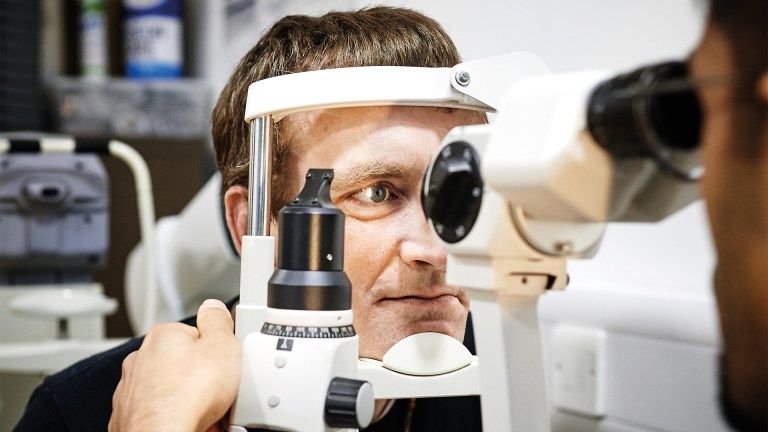Danait said: “Having money issues at such a young age, it made me more aware of issues I didn’t know how to handle. I was aware of the money problems as a child, I felt I had to help as a kid.
“It made me not want to spend money, it made me anxious that I was being a burden. I didn’t want to ask for money for food or for travel. I just felt like I needed to help my family, I didn’t want to be an extra worry. Sometimes I wouldn’t eat just to save money. I would feel guilty.”
She did not go out with friends because she was worried about money and this led to her feeling left out and isolated.
“Having these issues also makes you want to avoid speaking about your own issues,” Danait said. “If I was upset one day, I felt like I couldn’t tell my mum. I felt like I had to just help her, she needed to get bills paid and go to work. To this day, because of this, I still struggle to ask for help.
“Everyone in the family goes through it when you experience financial problems, so I could never be angry at my mum for any of this. She’d work a lot, so I wouldn’t see her at times, but I’d never resent her for that.
“I’m so grateful for what she taught me – while it impacted me, I learned so much from her. Without her, I wouldn’t be alive right now. I’m really proud of her for getting through what we’ve been through.”
Mind is calling for the government to address young people’s mental health by supporting households financially and by providing mental health hubs for young people.
Nil Guzelgun, policy and campaigns manager at Mind, said: “The growing number of young people seeking support for their mental health was already a concerning trend before the pandemic, but the increase since 2020 demonstrates just how impactful traumatic events like a global pandemic and a brutal cost of living crisis have been for young people’s mental health.
“To help support the rising numbers of young people from struggling with their mental health in financially distressed households, Mind is calling on the UK government to take a two-pronged approach.”
The charity is backing calls for an ‘essentials guarantee’ for households in receipt of universal credit, to ensure no child from a household on the very lowest incomes goes without food, heat, or seeing their friends. It is a campaign launched by the Trussell Trust and Joseph Rowntree Foundation and supported by The Big Issue.
Guzelgun added: “They also should invest in a network of early support hubs for 11 to 25-year-olds, where young people can get help when they first need it, rather than being left to reach crisis point and needing more intensive, expensive support later on. Only by addressing the root causes of poor mental health among young people can we address the rising number of people struggling.”
For more information on managing money and your mental health, see Mind’s advice here.Mind has a confidential information and support line, Mind Infoline, available on 0300 123 3393. Lines are open 9am to 6pm, Mondayto Friday.
You can also call Samaritans for free on 116 123, email jo@samaritans.org or visit samaritans.org for useful resources and advice on coping with your mental health.










